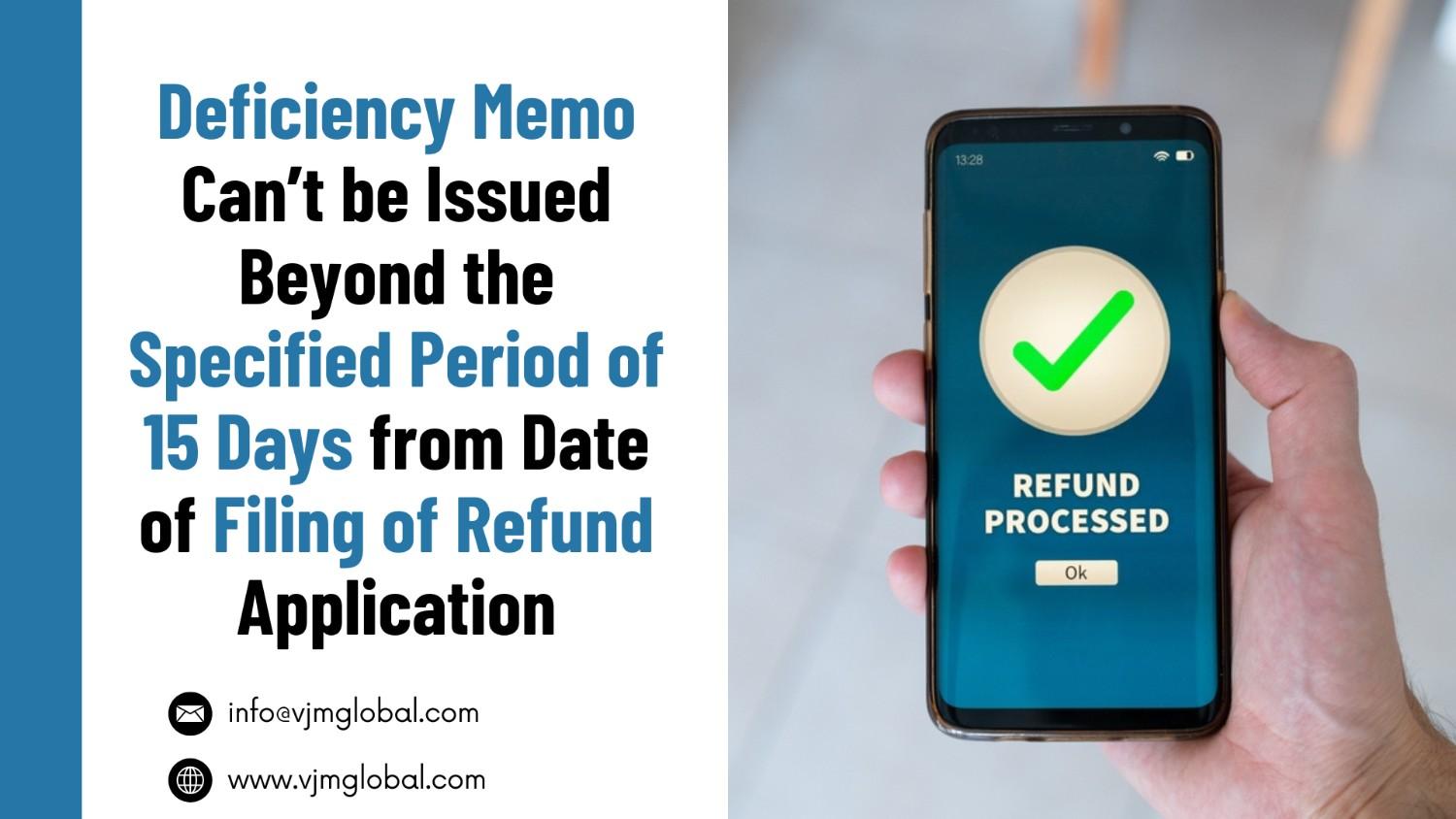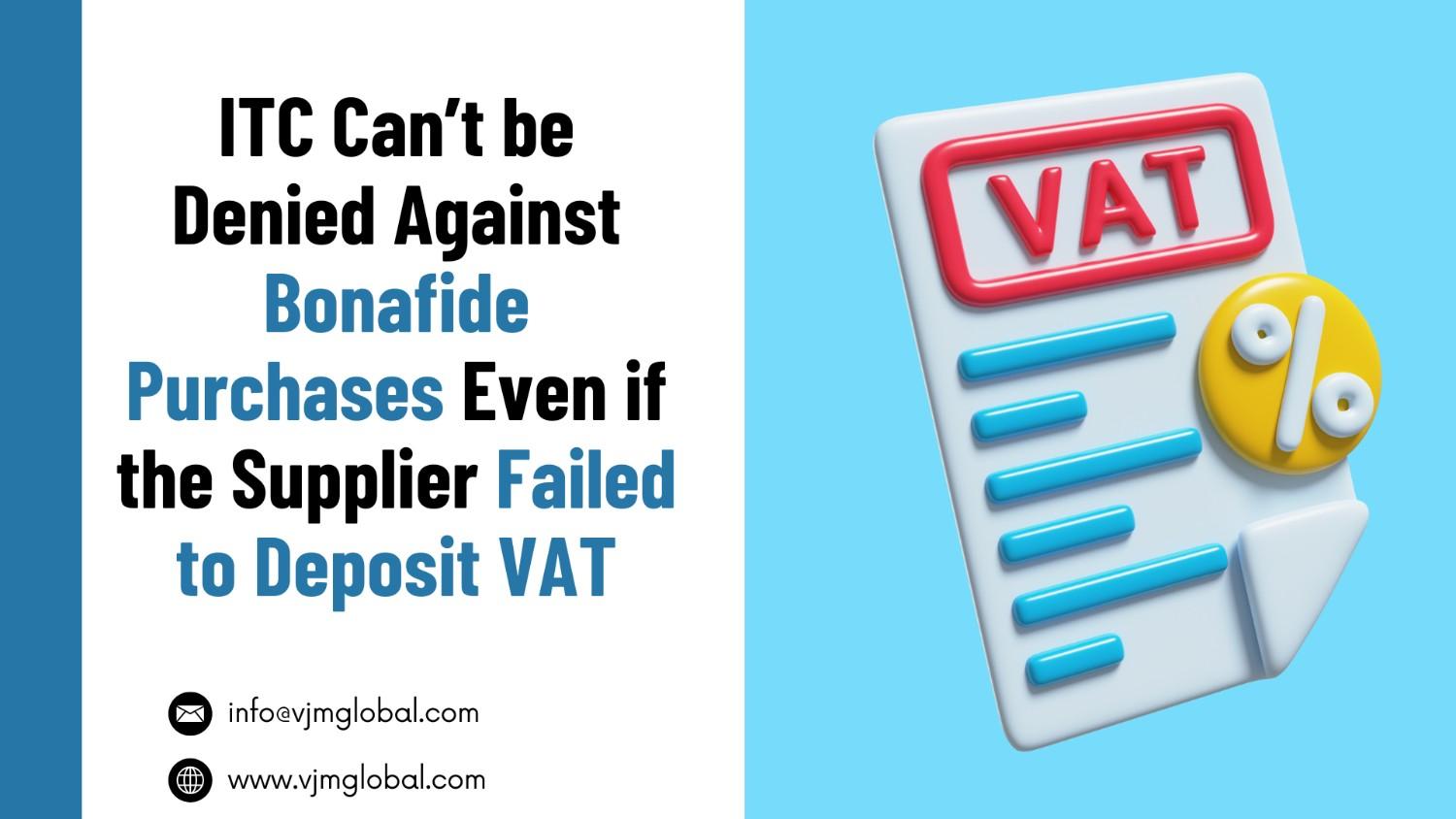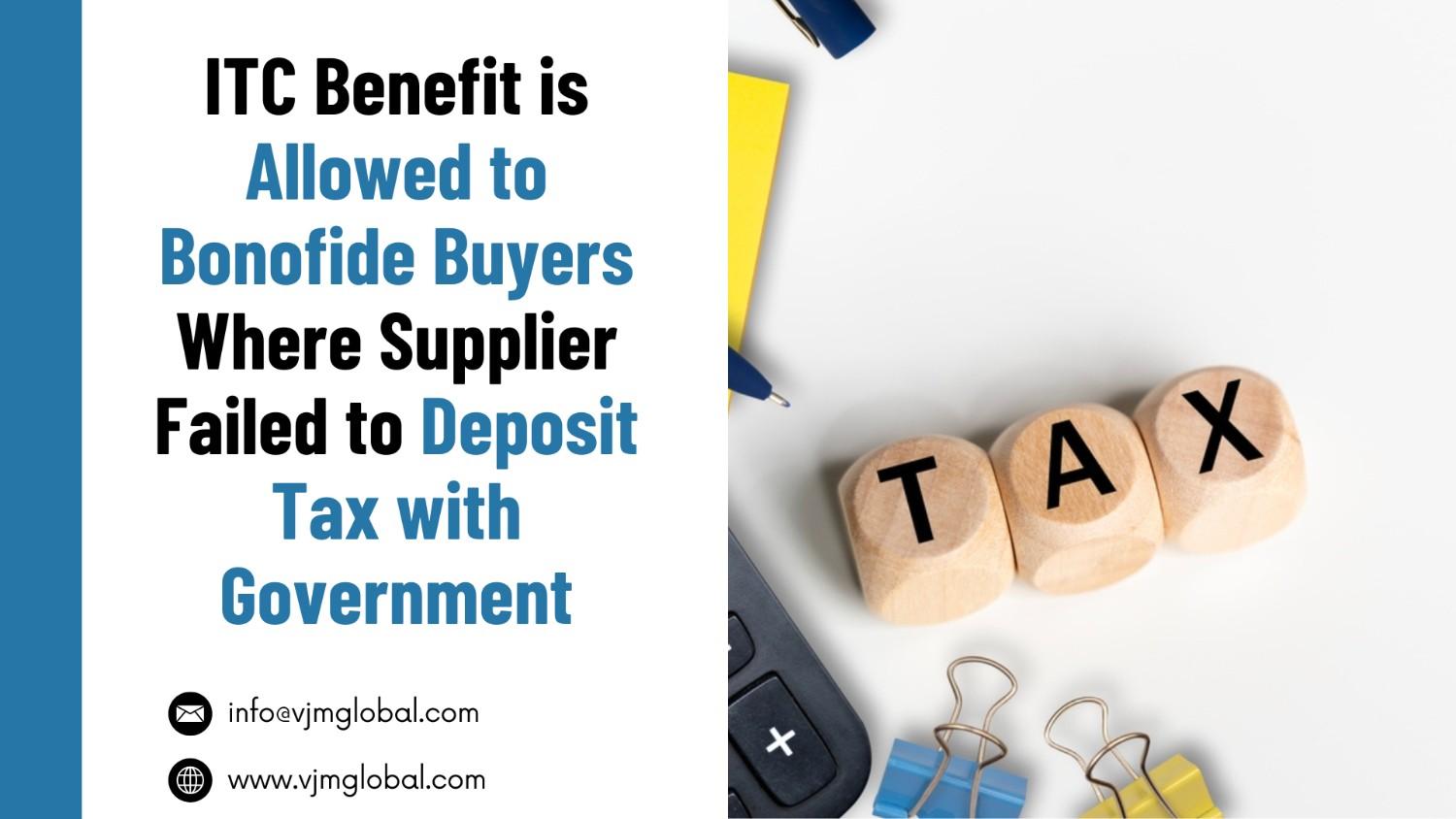In the 54th GST Council meeting, the GST Council recommended introducing an Invoice Management System (IMS) on the GST Portal. At the time of the introduction of GST, it was planned to make GST on the two-way communication model between the supplier and the recipient, i.e., the recipient could take action on the invoices furnished by the supplier in his GST return. However, the same could not be introduced due to technical issues.
Now, In line with the recommendation of the GST Council, GSTN has issued an advisory to introduce new functionality of the Invoice Management System (IMS) on the GST portal with effect from 1st October 2024. IMS will be a communication platform between the supplier and recipient of goods and services, allowing the recipient to accept or reject the invoice furnished by the supplier. Further, the recipient may put the invoice under pending and ITC can be claimed to the same later on.
1. Vision of Invoice Management system
- As per GSTN, IMS shall allow the recipient to take ITC to Invoices that are on the recipient. Accordingly, errors in claiming ITC shall be reduced substantially.
- Reduce the issuance of Notice due to ITC mismatch.
- Presently, any correction in the invoice furnished by the supplier is communicated through email or phone. However, now the supplier can check invoices suggested for correction or amendment on the GST portal itself. Accordingly, IMS shall allow the suppliers to effectively address the corrections or amendments.
Read Also: Revised procedure of granting IGST Refund to Risky Exporters
2. Date of Applicability of IMS
- IMS shall be made available on the GST portal with effect from 01.10.2024.
- IMS shall be available to the taxpayers for taking action on the received invoices from 14th October 2024 onwards till the filing of the corresponding GSTR-3B.
- It may be noted that till GSTR-3B is filed by the taxpayer, GSTR-2B for subsequent months will not be generated.
3. Flow of IMS
- IMS can be accessed post login on the GST portal at the following path:
Dashboard > Services > Returns > Invoice Management System (IMS) Dashboard
- As per the Advisory issued by the GSTN, All the outward supplies reported in the GSTR 1 / IFF / 1A shall populate in the IMS of recipients for taking the actions.
- The Recipient shall be allowed to take the following action:
- Accept –Accepted records will become part of the ‘ITC Available’ section of respective GSTR 2B. GST on accepted records will auto-populate in GSTR 3B as eligible ITC.
- Reject –Rejected records will become part of the ‘ITC Rejected’ section of respective GSTR 2B. ITC of rejected records will not auto-populate in GSTR 3B.
- Pending –Pending records will not become part of GSTR 2B and GSTR 3B. Such records will remain on the IMS dashboard till the time the same is accepted or rejected.
- The recipient shall not be allowed to take ‘Pending’ action shall not be allowed in the following scenarios:
- Original Credit note
- Upward amendment of the credit note irrespective of the action taken by the recipient on the original credit note
- Downward amendment of the credit note if the original credit note was rejected by the recipient,
- Downward amendment of Invoice/ Debit note where original Invoice/ Debit note was accepted by the recipient and respective GSTR 3B has also been filed.
- Accordingly, only accepted invoices will become part of GSTR-2B as eligible ITC.
- Where no action is taken by the recipient on any invoice then such invoice shall be considered as “Deemed Accepted” and will move to GSTR-2B as an accepted invoice.
- Invoices marked as pending can be accepted at any future point in time but not later than the limits prescribed by Section 16(4) of the CGST Act, 2017.
4. Other Points to Consider:
- Invoices shall be available on IMS on a real-time basis, i.e., once the suppliers save any invoice in GSTR 1 / IFF / 1A /the same invoice will be reflected in the IMS dashboard of the recipient.
- If the supplier amends the invoice saved in the GSTR-1 before filling the GSTR-1 then the amended invoice will reflect in IMS, irrespective of the action taken by the recipient on the original invoice.
- The supplier will be able to see the action taken by the recipient on invoices filed in GSTR-1.
- It is mandatory to recompute GSTR 2B from the IMS dashboard in case of any change in action taken on concerned records or any action is taken after the 14th of the month i.e. date of generation of Draft GSTR-2B.
- The following supplies shall not reflect in IMS and will be directly populated in the GSTR 3B:
- Inward supplies liable to RCM
- Supplies where ITC is not eligible due to section 16(4) of CGST Act or on account of POS rule.
- All the accepted/ deemed accepted/ rejected records will move out of the IMS dashboard after the filing of respective GSTR 3B.
- In the case of the amendment made by the supplier:
- If the original and amended record belong to 2 different GSTR-2B then it is mandatory to take action on the original record and file the respective GSTR 3B before taking action on the amended record.
- If both the records belong to the same period’s 2B, only the amended record will be considered for the ITC calculation of GSTR 2B.
5. IMS in case of QRMP Taxpayer
- Where a supplier has opted for QRMP, The records/invoices saved or filed through IFF will flow to the IMS of the recipient and will become part of GSTR-2B, as per action taken by the recipient.
- GSTR-2B of the recipient shall be generated every month.
- However, where the recipient has opted for QRMP, GSTR-2B will be generated every quarter only.
6. Our Comments
IMS was indeed intended to improve the accuracy of the ITC availed by the recipient. However, carrying out the matching of all the invoices with the books within 6 days (from the 14th of the following month till the due date of filing of GSTR-3B) will be a complicated process. Presently, ITC is claimed entirely, and necessary reversal can be made later on after comparison with books.
However, we are still not clear about the possible consequences of an invoice rejected or accepted today and later on found otherwise, e.g., if an invoice is rejected by the recipient and later on found valid by the recipient then whether there will be any window to claim such ITC and vice versa.













